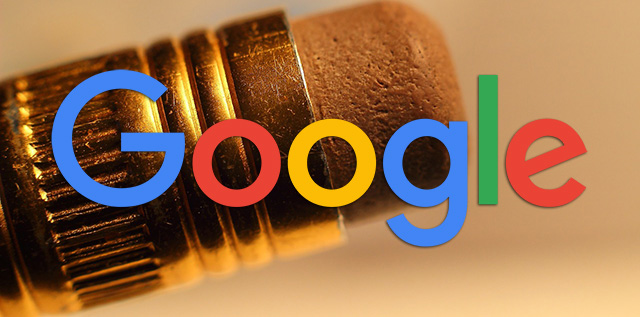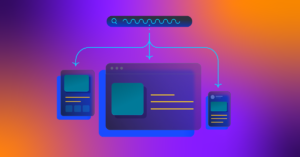
Google’s John Mueller was asked at the 1:20 mark in Friday’s Google hangout about serving two or more HTTP result status codes. If you serve two more more, which does Google Search decide to use? The answer is generally the first, the first HTTP result code would be used.
The question was “It is theoretically possible to have two different HTTP result codes on a page but what will Google do with those two codes? Will Google even see them? For example, a 503 plus a 302.”
John said “So I wasn’t aware of this, but of course with the HTTP result codes, you can include a lot of different things. Google will look at the first HTTP result code and essentially process that.”
Then John digs into if there is a redirect chain with the target page has one HTTP result code, like a 301 redirect, and then the destination URL has a different HTTP result code, like a 404. Generally, Google will use the destination of the chain for the HTTP result code. So Google will follow the 301 and then find the 404 and use the 404.
John said “You can theoretically still have two HTTP result codes or more there if they are redirects leading to some page. So for example, you can have a redirect from one page to another page, that is one result code. And then on that page, you can serve a different HTTP result code. So that can be a 301 redirect to a 404 page, is kind of an example that happens every now and then. From our point of view, in those kind chain situations where we can follow the redirect to get a final result, we will essentially just focus on the final result code. And if that final result has content, then that is something we might be able to use for canonicalization. If that final result has an error page, then it is an error page, that is fine for us too.”
Here is the video embed at the start time:
Forum discussion at YouTube Community.







